
Obi Studies Indonesia’s Economic, Electoral, and Governance Model on Five-Day Visit
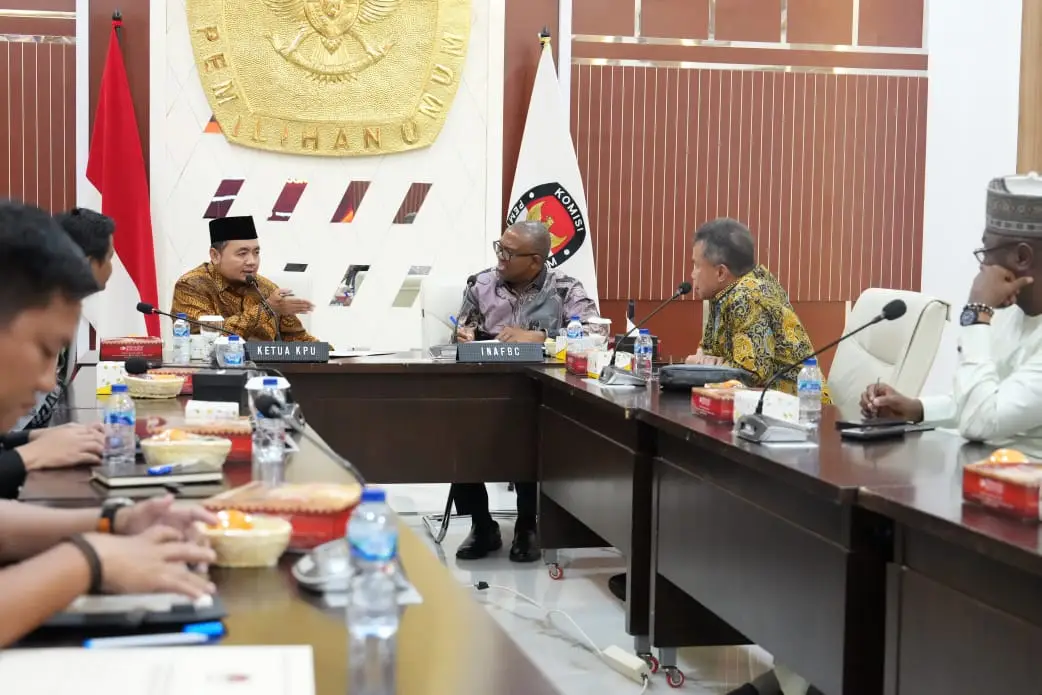
Peter Obi has shared more details about his recent visit to Indonesia, where he studied the country’s economic progress and governance structures. He arrived on 2 February and spent five days meeting with key stakeholders to discuss security, education, healthcare, and poverty alleviation.
Healthcare: Universal Coverage and Preventive Care
During day three of his visit, he met with Indonesia’s Minister of Health, Budi Gunadi Sadikin, to learn about the country’s universal health coverage. Obi noted that the system now includes 98 per cent of the population. The government fully subsidises premiums for low-income citizens and focuses on preventive care to reduce disease burdens. To ensure inclusive healthcare, the training of primary health workers, even in rural villages, is also expanded.
Education: High Enrollment and Teacher Standards
Obi also engaged with Indonesia’s Ministry of Education, where he met Prof. Nunuk Survani and her team. They discussed the country’s education system, which serves about 50 million pupils at the basic level and has over 3 million teachers. All teachers must have a degree and professional certification.
Strict enforcement of its compulsory basic education policy has led to a 99 per cent school enrolment rate, significantly reducing the number of out-of-school children. With 20 per cent of its annual budget allocated to education, the government sees it as a critical pillar of national development. At the tertiary level, Indonesia has over 4,000 universities, while Nigeria has fewer than 10 per cent of that despite having a population of about 80 per cent of Indonesia’s. Obi noted that Nigeria should have at least 1,000 universities based on this ratio.
MSMEs: Key Drivers of Economic Growth
He also met with officials at Indonesia’s Ministry of MSMEs to examine its support system for micro, small, and medium-sized businesses. MSMEs contribute 61 per cent to GDP and employ 97 per cent of the workforce. The ministry provides mentorship, training, equipment, and financial support.
About $20 billion in bank loans is dedicated to MSMEs at an interest rate of 3 to 6 per cent. The government covers the difference between this rate and the commercial loan rate of 12 to 13 per cent. Comparing this to Nigeria, Obi observed that loans available to over 40 million SMEs are far lower than what is allocated in Indonesia, adding to the economic challenges businesses face.
Electoral Process: High Turnout and Strict Regulations
Obi also examined Indonesia’s electoral process in discussions with the Chairman of the General Elections Commission, Bernard Dermawan Sutrisno. Indonesia’s elections have consistently recorded over 70 per cent voter participation, with the 2024 election reaching 81 per cent. In contrast, despite having 94 million registered voters, Nigeria recorded a turnout of less than 25 per cent. Obi attributed this to widespread distrust in the electoral system.
He noted that a key factor in Indonesia’s transparency is the strict qualification process for candidates. Presidential candidates must provide verifiable records of primary, secondary, and at least a university degree. Non-compliance leads to immediate disqualification. Candidates must also secure the endorsement of at least 25 per cent of National Assembly members or have obtained at least 20 per cent of the votes in the previous presidential election.
Vote counting takes place at polling booths in the presence of the public, including representatives of various political parties. Any disputes are resolved immediately to ensure transparency. A candidate can only be declared the winner if they secure at least 50 per cent plus one of the total votes. A runoff election is held between the two leading candidates if no candidate meets this threshold.
Electoral offences such as vote buying are minimal due to the decisive role of security agencies and the swift prosecution of disputes through the constitutional courts. Indonesia’s National Assembly follows a proportional representation system, which helps maintain political stability. When an elected legislator resigns, defects to another party, or dies, the party automatically replaces the individual since votes are cast for the party rather than the candidate. This system discourages defection and promotes stable governance.
LESSONS ON DEMOCRACY
Obi noted that while speaking with people in public spaces, including the airport, it was clear that Indonesians have strong confidence in their electoral system. Many believe that if there is no trust in elections, there is no point in holding them.
Obi emphasised that democracy is only as strong as the institutions that uphold it. Without an independent and credible electoral body, an impartial judiciary, and a political culture that respects democratic principles, elections become a meaningless exercise that perpetuates terrible governance. He stressed that for Nigeria to embrace democracy truly, the country must urgently reform its electoral system, strengthen institutions, and restore public trust in governance.
Read More:
- Niger To Expand Cooperation with BRICS, Amidst Other Patnerships
- Freezing Of American Int’l Aid: Nigerian’s Reaction And ‘USAID’ As A Trojan Horse For US Influence
About The Author
Related Articles
The AFCON Final in Morocco and the Controversies That Followed
The Africa Cup of Nations final between hosts Morocco and Senegal ended...
ByWest Africa WeeklyJanuary 20, 2026Mali’s Transition Leader Attends Swearing-In of Guinea’s President Mamadi Doumbouya
Mali’s President of the Transition, General Assimi Goïta, represented the country in...
ByWest Africa WeeklyJanuary 19, 2026Malian Army Conducts Successful Surveillance Operation in Mopti Region
The Malian Armed Forces have carried out a successful territorial surveillance operation...
ByWest Africa WeeklyJanuary 19, 2026Niger’s Security Forces Record Major Gains Against Armed Groups
Niger’s Defence and Security Forces have reported significant results following a week...
ByWest Africa WeeklyJanuary 19, 2026


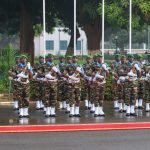



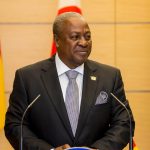
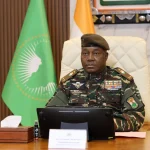
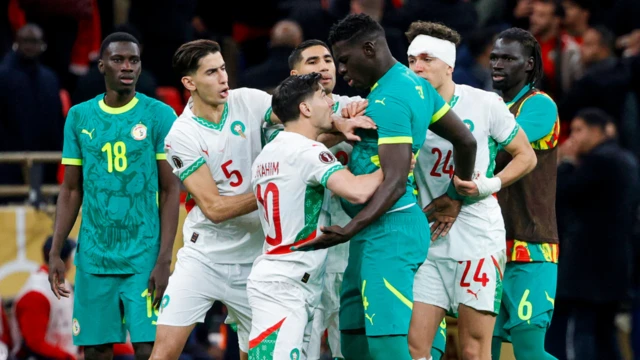


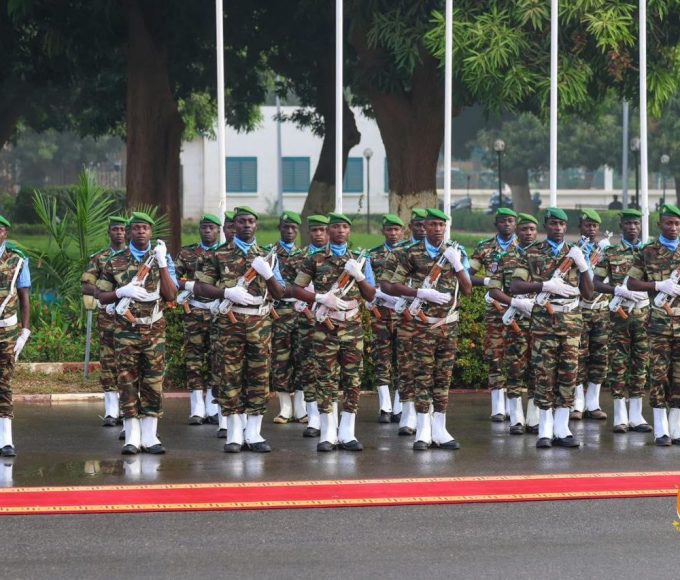
Leave a comment